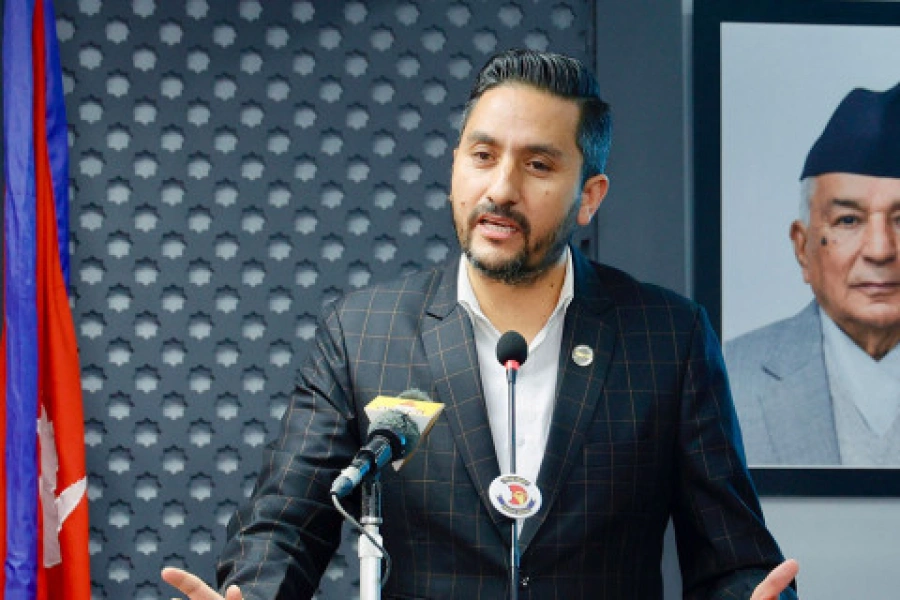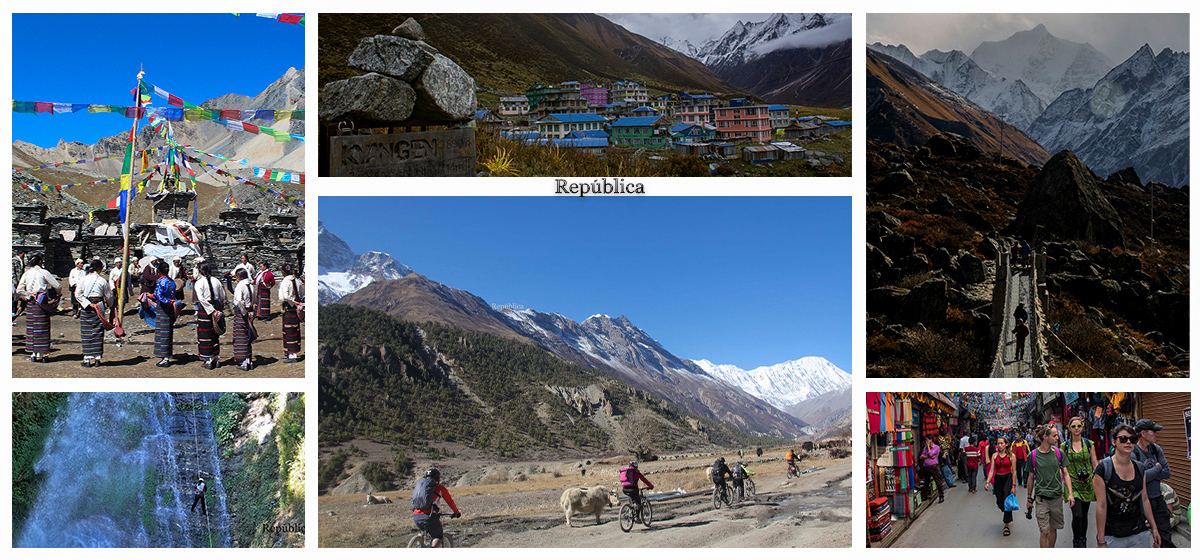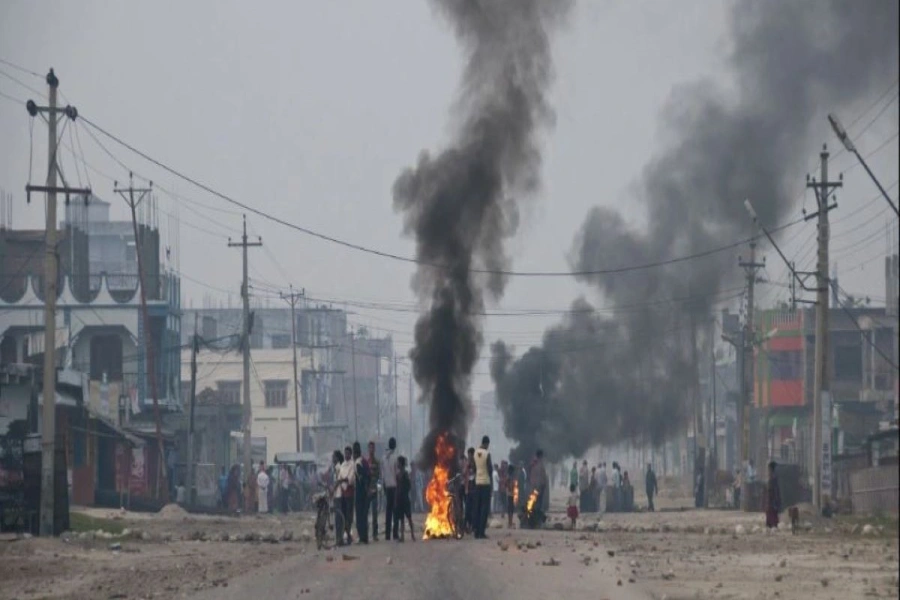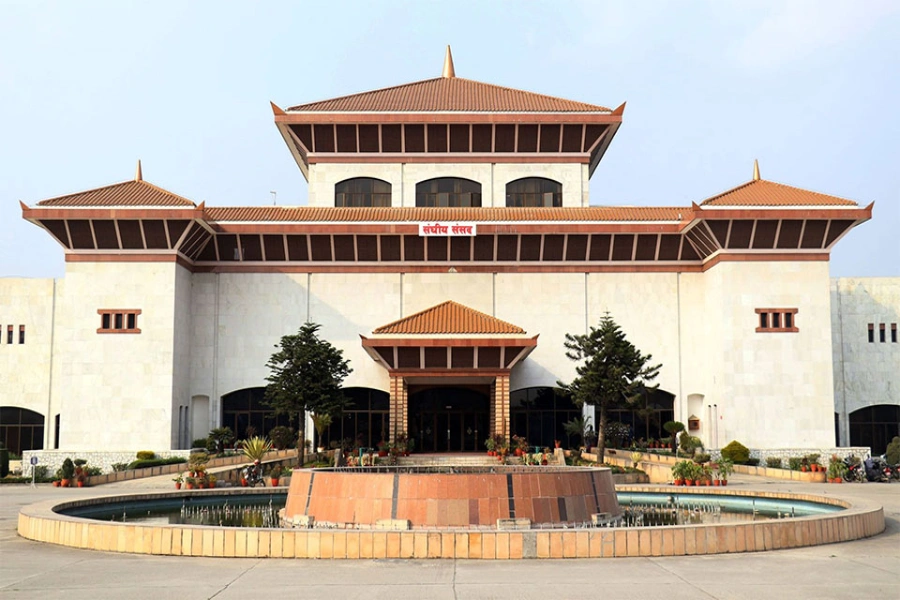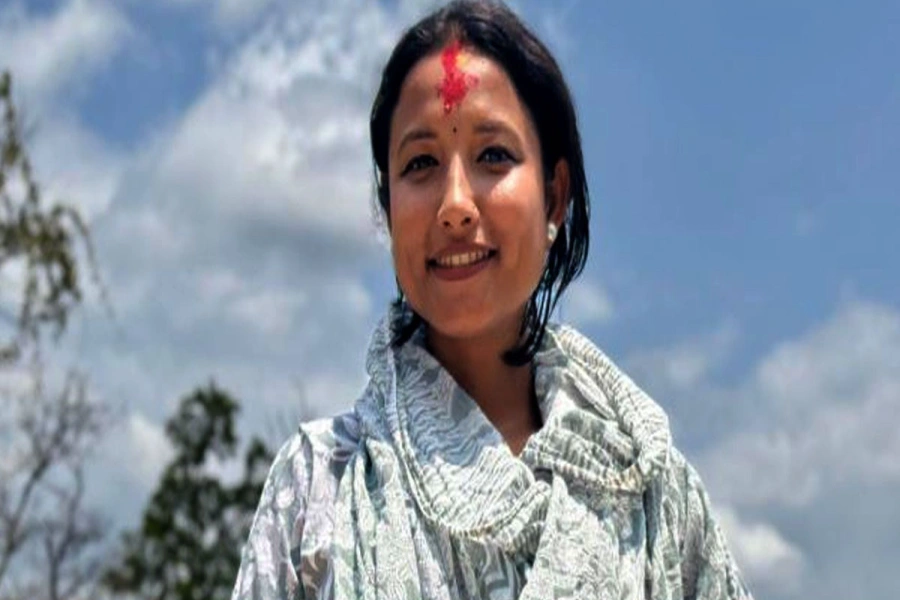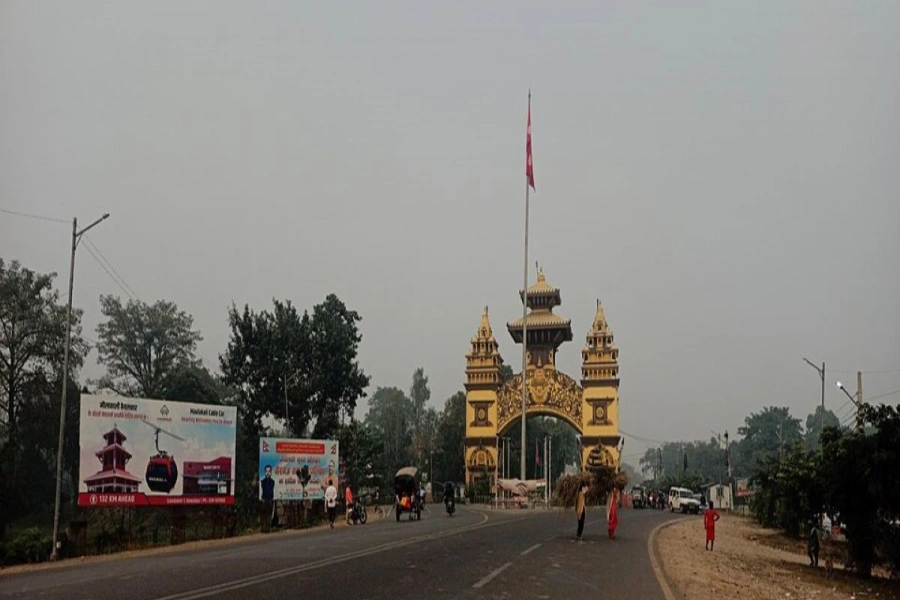SOLUKNUMBU, Oct 26: Nearly 9,000 tourists visited the Everest region in just one month. According to the Sagarmatha National Park office in Namche, Solukhumbu, 8,902 tourists visited Khumbu in the month of Ashoj (mid-September to mid-October).
The park collected a revenue of Rs 23.49 million from these tourists, as reported by park staff Bibek Shrestha. According to him, the park charges an entry fee of Rs 100 for Nepali tourists, Rs 1,500 for tourists from SAARC countries and Rs 3,000 for tourists from other countries.
In the current fiscal year 2024/25, 125 tourists visited the Everest region in Shrawan (mid-July to mid-August) and 1,331 tourists in Bhadra (mid-August to mid-September). During the month Shrawan, the park collected revenue of Rs 345,975 and Rs 3.237 million in Bhadra, according to staff member Shrestha.
Banks reduce interest rate for Ashoj

“As we are currently in the tourist 'season, t1he number of tourists is high, particularly in the Everest region along with many other mountains. With the increase in tourist arrivals, we are busy collecting fees and maintaining records,” Shrestha said.
Tourists traveling to the Everest region typically reach Lukla via flights and helicopters from Kathmandu and Manthali in Ramechhap, while some take the road through Salleri to reach Lukla. The main tourist seasons are considered to be from February 27 to May 28, as well as during the months of September, October, and November, while the remaining times are regarded as the 'off-season.'
The Everest National Park office in Namche reports that more than a thousand tourists enter the region daily during the peak season. According to Chief Conservation Officer Sushma Rana, the Everest region is particularly popular for mountain climbing, wildlife observation, and adventure tourism. Established in 1975, the Everest National Park covers an area of 1,148 square kilometers.
Located in the Solukhumbu district of eastern Nepal, this national park includes the world's highest peak, Mount Everest, as well as several other peaks over 6,000 meters, such as Lhotse, Nuptse, Cho Oyu, Lhotse Shar, Pumori, Ama Dablam, and Thamserku. The Gokyo lakes and associated wetlands within this park were designated as a Ramsar site in 2007.
This park has been listed as a UNESCO World Heritage Site since 1979. It spans altitudes ranging from 1,800 meters to 8,848 meters. Wildlife found here includes musk deer, thar, Himalayan tahr, langur monkeys, monal pheasants, Himalayan snowcocks, Tibetan snowcocks, choughs, and various other bird species.



